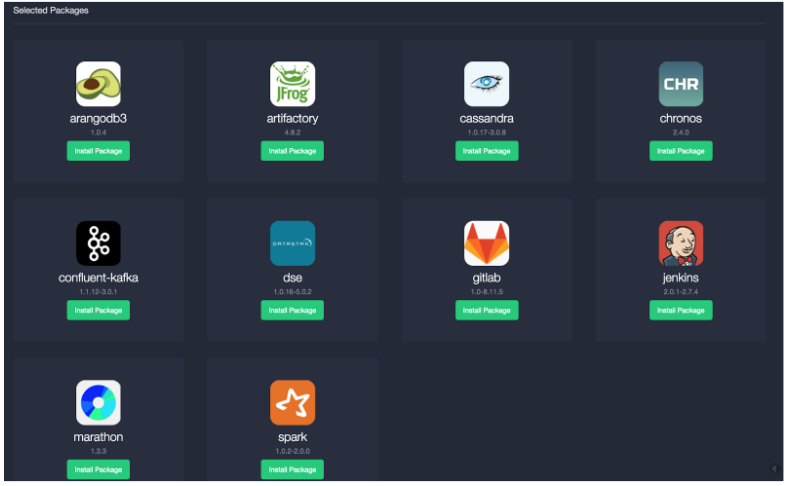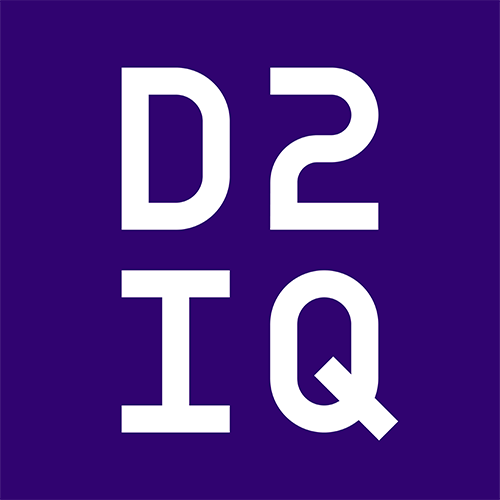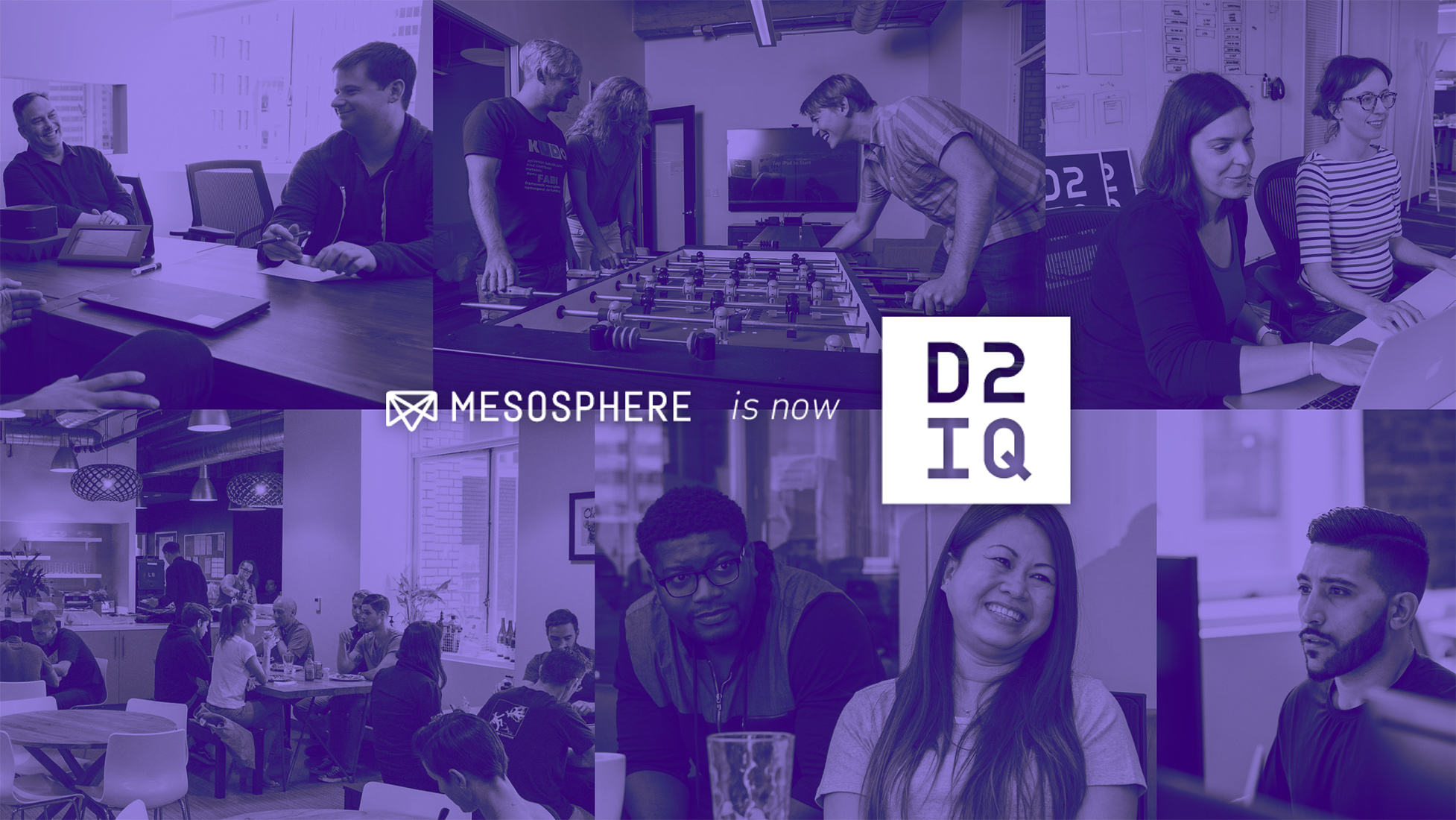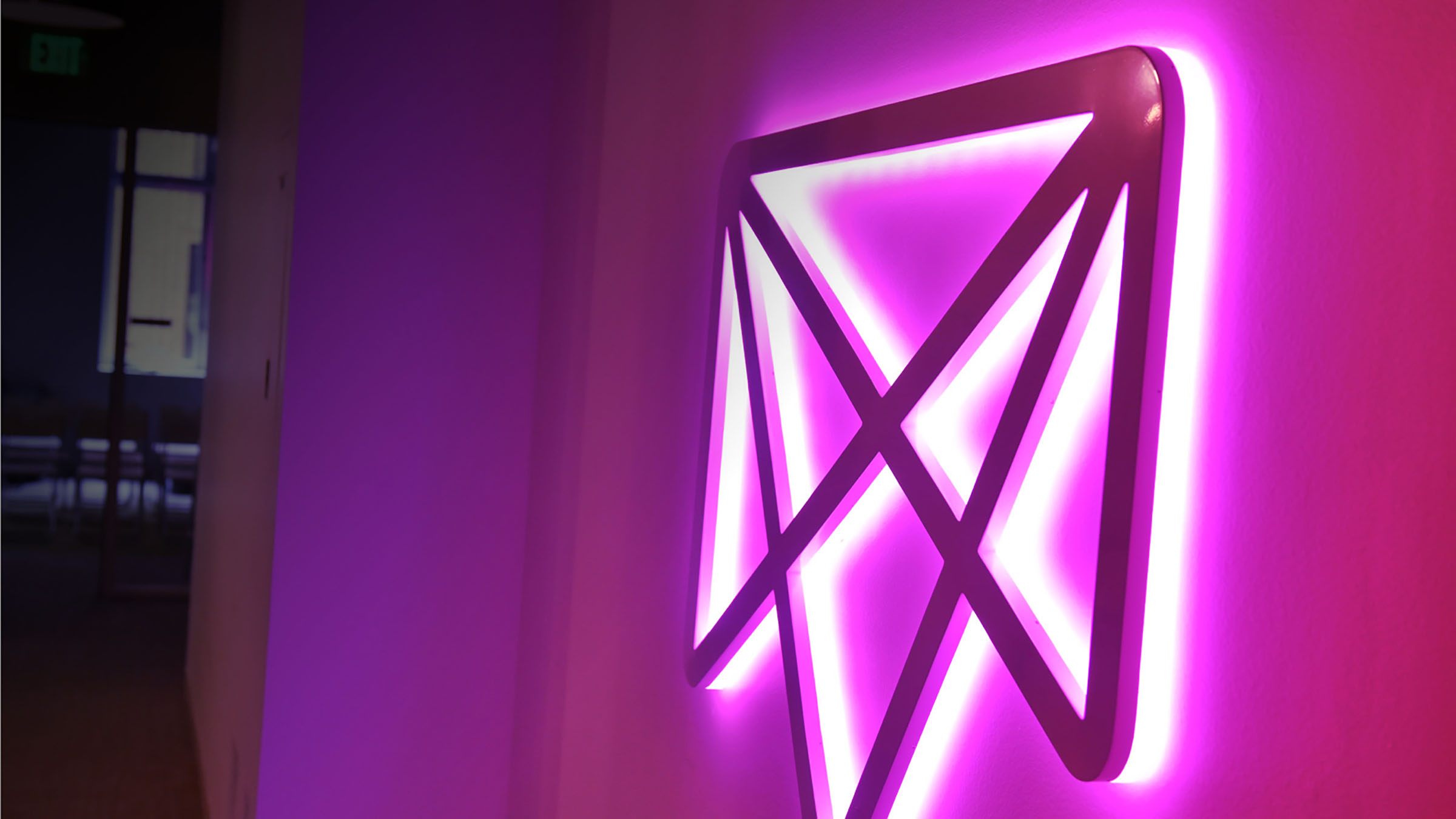It's hard for me to believe it's already been 6 months since April 19th, when we launched the DC/OS open source project and community. We've come a long way in a short time together, but time flies when you're flying—and we're practically supersonic—so I probably shouldn't be surprised. Let's take a quick look back at our first six months, because we have a lot of progress worth celebrating.
The most vivid memory I have from launch day was watching the
40+ quotes from around the community come trickling into my inbox. I had already known that we were starting the project with some groundbreaking technology; DC/OS was the first complete, easy-to-install, 100%-open-sourced datacenter operating system. But, as I read these quotes I realized that we were starting out with something even more valuable than a great platform—an impassioned, smart collection of innovators who were as committed as we were to DC/OS. I'm so grateful for your guidance and support these past six months.
I'm excited to highlight the progress we've made over the last six months, and I also want to open a discussion about some of the exciting things we'll be working on over the next six. We've heard your requests and we look forward to working with you to expand and improve DC/OS as an open source project
DC/OS in its first six months
Our goals for the first phase of the community's growth were threefold: drive awareness and adoption of DC/OS; improve the experience of spinning up, administering, and developing on a cluster; and work with partners to build a vibrant ecosystem of packages that can run on DC/OS with a single click. I'm happy to say DC/OS has exceeded our expectations in all three of these areas.
Adoption
In our first six months, users have launched more than 31,000 open source DC/OS clusters. That is about 3x the adoption we were anticipating. And in another surprise to us, 60% of those clusters were launched on-premises (not in a cloud), meaning adoption has been happening in both legacy and next-generation environments.
Improving the cluster experience
[caption id="attachment_6905" align="aligncenter" width="552"]
New (6 months or less) Apache Mesos users[/caption]
87% of respondents to a recent survey on Apache Mesos said that they first experienced Mesos as a component of DC/OS [fn. 1]. We had hoped that DC/OS would make spinning up Mesos clusters fast and easy, and the fact that a majority of Mesos users now get their start on DC/OS suggests that our hope is becoming a reality.
The release of
DC/OS 1.8 on September 8 also improved the user experience. Highlights from that release included: integrated Marathon and scheduled job support in the DC/OS user interface; upgrade to Mesos 1.0, which provides access to Universal Container Runtime; and virtual networks using CNI specs. A special thanks to all the contributors from Mesosphere who made that release such a success.
Building a package ecosystem
[caption id="attachment_6906" align="aligncenter" width="787"]
Selected packages available in the Universe[/caption]
In addition to better-than-expected adoption, we've also seen valuable contributions from other open source projects and partners to the DC/OS Universe. We have 68 packages now available for one-click or one-command installation into any DC/OS cluster. These services are an important part of why DC/OS is so powerful; they underpin the most popular use cases for DC/OS, including container orchestration, fast data pipelines, big data analytics, and developer agility with CI/CD.
Our next phase
As happy as I am with our start, I'm even more excited about what's next. Because of our steady growth, DC/OS is now ready to focus on becoming open-source-governed, not just open-source-licensed. To that end, we've published the
DC/OS Bylaws, and are beginning to operate the project under a set of common principles patterned off of the
Apache Way, including:
- Collaborative software development
- Commercial-friendly standard license
- Consistently high-quality software
- Respectful, honest, technical-based interaction
- Faithful implementation of standards
- Security as a mandatory feature
We recently formed the initial
DC/OS Project Management Committee (PMC). This group is responsible for the long-term wellbeing of the DC/OS project, including approving the working groups of the community, and recruiting and electing new committers to the project. The PMC has two primary channels for communication:
In this next phase of growth, we will be adding more community leaders to the PMC, to increase its diversity and ensure all parts of the community are represented. The PMC is actively recruiting these new leaders, and you can reach out to me with suggestions; don't be shy. We appreciate your input. Please email me at aaron.williams@mesosphere.com.
Open source development
Following the
release of 1.8.5 last week, we're now turning our attention to
1.9 and 1.10. DC/OS 1.9, which includes pods, is scheduled to be generally available (GA) in November, and DC/OS 1.10 is scheduled to be GA at the end of January. With these two releases, we are progressively increasing opportunities for community contributions, supported by the three working groups the PMC has launched so far:
I want to encourage anyone who is interested to get involved in these groups by joining their respective mailing lists and Slack channels. If you don't see a group you're interested in yet,keep an eye on the
users@dcos.io mailing list for announcements of additional working groups, which the PMC will be forming in the coming weeks and months. I suspect we'll have a dozen or so groups running concurrently when we reach full capacity.
Meet the team
One of of my biggest sources of optimism about the future of this community is the team of professionals we've built over the past six months to support DC/OS's further growth and success. These folks are working hard, every day, to make DC/OS both a premiere open source project and a vibrant community. If you have any questions, want to be more involved, or are looking for a good restaurant in Hamburg or Galway, we've got you covered:
- Michael Hausenblas (@mhausenblas) in Galway, Ireland and Joerg Schad (@joerg_schad) in Hamburg, Germany are our DC/OS advocates. They're on the front lines, telling the DC/OS story and creating content to support the adoption of the platform.
- Judith Malnick (@JudithPatudith) in San Francisco is our community manager. She is making sure our community members are well connected and fully supported.
- Ravi Yadav (@RaaveYadav) in San Francisco is our partner engineer. He's supporting companies and open source projects that want to get into the Universe.
Help us make DC/OS even better
During its first six months, the open source DC/OS community has exceeded our expectations, and I hope the next six months is filled with even more activity and more progress. We are excited to support more users, more community contributions, more working groups and, to build, with you, a clear vision of how DC/OS will be governed going forward.
In order to nail these goals, we need everyone in the community—and everyone considering becoming part of the community—to get involved and active. Please take a look at the links below, figure out what level of engagement is right for you, and get busy helping make DC/OS the best platform for running the types of applications you want to build. If you get stuck, reach out to us; we are here to help you!
2 This result is from a recent survey conducted by Mesosphere of the Apache Mesos community. The full results of the survey will be linked from here as soon as they are available, in November, but I wanted to share this number early because it helped to highlight our goal of making DC/OS the easiest way to setup and run a Mesos cluster.












